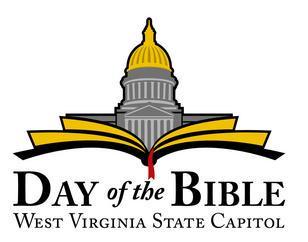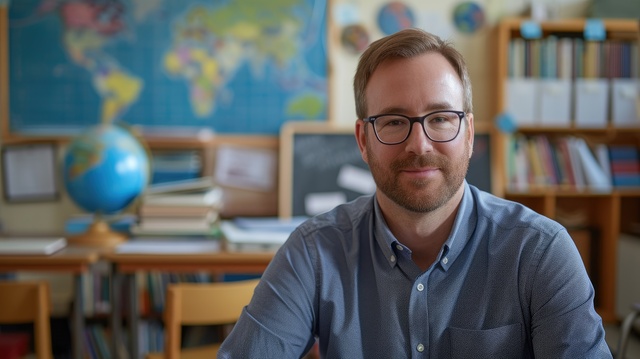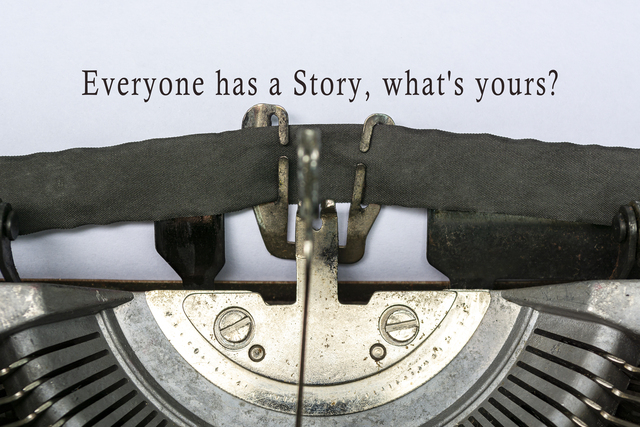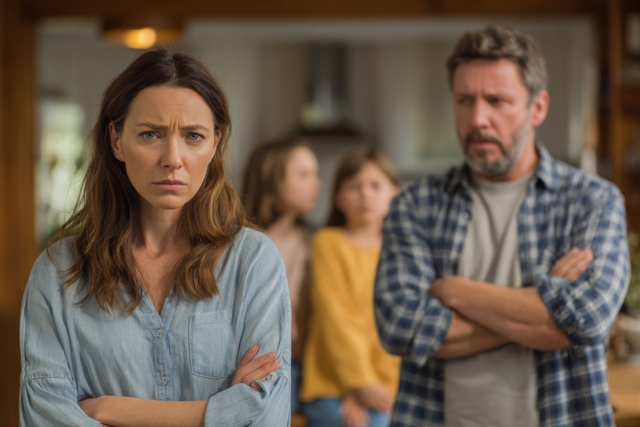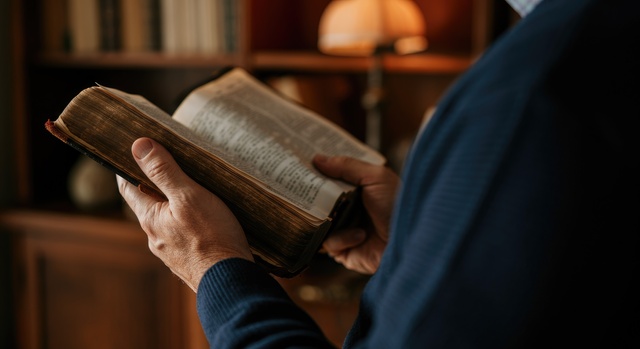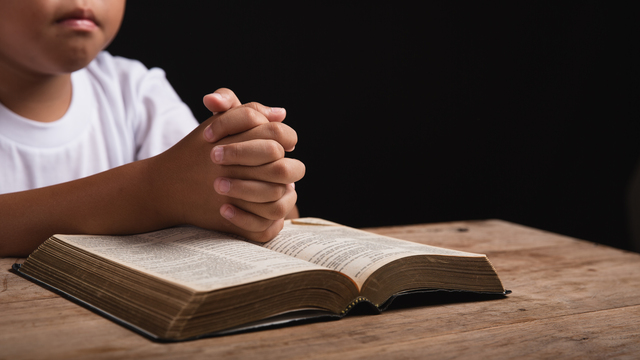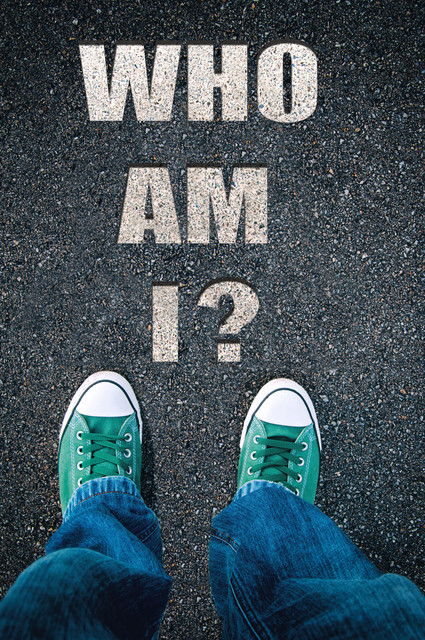Getting to Know the Candidates
A Q&A with Patricia Rucker
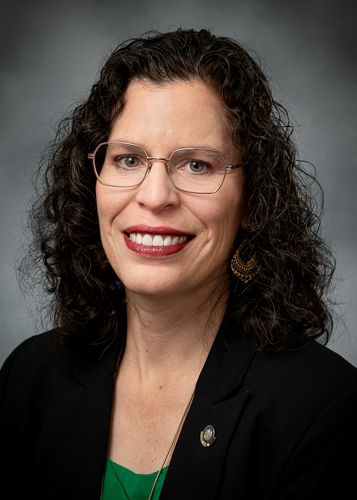
This article is part of a series created to help voters become familiar with the candidates running for the West Virginia House of Delegates and State Senate. Each candidate was asked the same six questions, and we are sharing the responses that were received exactly as they were given to us. This series aims to provide a clear and direct look into each candidate’s views on issues that matter to the people of West Virginia.
This article’s focus is on Patricia Rucker, who is running for re-election to State Senate in District 16, which includes Jefferson County and parts of Berkeley County. As a current member of the West Virginia State Senate, she is actively campaigning to retain her seat and represent the residents of her district. Let’s dive into her responses to learn more about her priorities for the state.
1. What is your position on religious freedom, and how does your faith and role as a senator work together?
“My position on religious freedom is obviously one of the amendments on the Bill of Rights that is guaranteed, and all of our rights that are guaranteed in the Constitution are rights that are inherent. They're not given to us by the government. [They are] inherent rights that we have as free people. And that Constitution just enshrines it into our Constitution. What is inherently a right and, and [what I] obviously will always fight for: freedom of religion, freedom of the press, freedom of self-defense, and all the others.
My faith: I'm a Roman Catholic. I am a practicing Catholic. I am someone who really does believe what the Bible says and really does live it out in my everyday life. And there's no way that you can separate my faith from my decision making because I pray about decisions, and I ask God to guide me. And so, it will always be integral to how I serve.”
2. Some believe public schools should be the only option for parents. What is your stance on a parent’s right to choose the best education for their child?
“Well, as the author of the school choice bills in West Virginia, I can tell you that I absolutely support a parent's right to educate their child and to know what is best for their child. And I think the state should be supportive of whatever the parents choose no matter what the choice is.”
3. The HOPE Scholarship allows parents to align their child’s education with their values. With the program set to expand to all K-12 students in two years, what actions would you take to support its growth?
“Well, if I could, I would make it expand immediately. Since I don't have the votes for that. I am defending the right to open it up to everyone in two years. And if there's any opportunities to expand choices for HOPE, I will do so. I would like HOPE to be more flexible, easier to use, and much, much, much easier for vendors to add on.
We have some Christian vendors that haven't accepted HOPE money because it is so difficult to go through the portal system. I really want to do something about that in the future and make it a lot easier.”
4. Do you have any K-12 children or grandchildren in school? If so, did they attend public or private school, or homeschool in West Virginia?
“I have no current K through 12 students because all five of my homeschooled students have graduated and my grandson, who is only six months old, is obviously a little too young for a K-12. So right now, I'm currently free for the first time in 20 years.”
5. Please describe your professional background and why it equips you to lead West Virginia effectively.
“Well, I don't like to say I'm better than anyone, but I will tell you, I am a college graduated history teacher. I taught for Montgomery County public schools for a couple years until I had my first born. And then I raised all five of my children and homeschooled all five of my children. I also have been a very active volunteer in pro-life circles and in political circles. I started the Jefferson County Tea Party, which is still alive and strong. So, in terms of my qualifications, I fight really hard for our freedoms, both to educate our children, but also our freedoms to be active politically. I look for more ways that I can expand and empower our families and fight against the state and federal government overreach.”
6. What does conservatism mean to you, and how would you differentiate it from liberal values on the three most pressing challenges facing our state?
“I can tell you, when it comes to conservatism, I think the political class has really changed around the definition because Liberal- the term “liberal”, classic liberal, means less government and more freedom. So as a conservative, I actually feel I'm more of a classic liberal of less government and more freedom. And I think conservatism is about conserving what makes America great, conserving our Constitution, conserving our way of life, conserving our values, including our Christian, Judeo-Christian values. All of those things are what conservatism means to me and how it relates to the three most important issues facing West Virginia.
I've always considered education to be the number one goal of mine, to improve because without a good, educated populace, we will not keep our republic.
Number two facing West Virginia, I think, is the crisis of depopulation. People are leaving our state or not having enough children to replace the aging population. We have got to, of course, continue to push for pro-life legislation and then help our families with their children, help them to have safe places they can grow and raise their families, bring more jobs to the state so those families have good jobs to pay and take care of their families. So, it's about turning around the depopulation that's happening in our state.
And then number three, I would say with the opioid crisis having a huge impact on our population and our ability to bring those jobs that we need and to provide those safe communities. So, we need to find a way to work together to help those individuals have hope, have options for treatment, got to get that scourge out of our state and whatever it is that we can do to do that. I'm pretty much an “all of the above approach” because it is a real crisis.”

HGN Staff
His Good News magazine seeks to unite and empower parents, educators, legislators, and voters in West Virginia to support and advance Christian education, religious freedom, and conservative values. By fostering a strong Jesus-based foundation within our communities, we can influence legislation, protect religious freedoms, and ensure that our children receive a quality Christian education.




